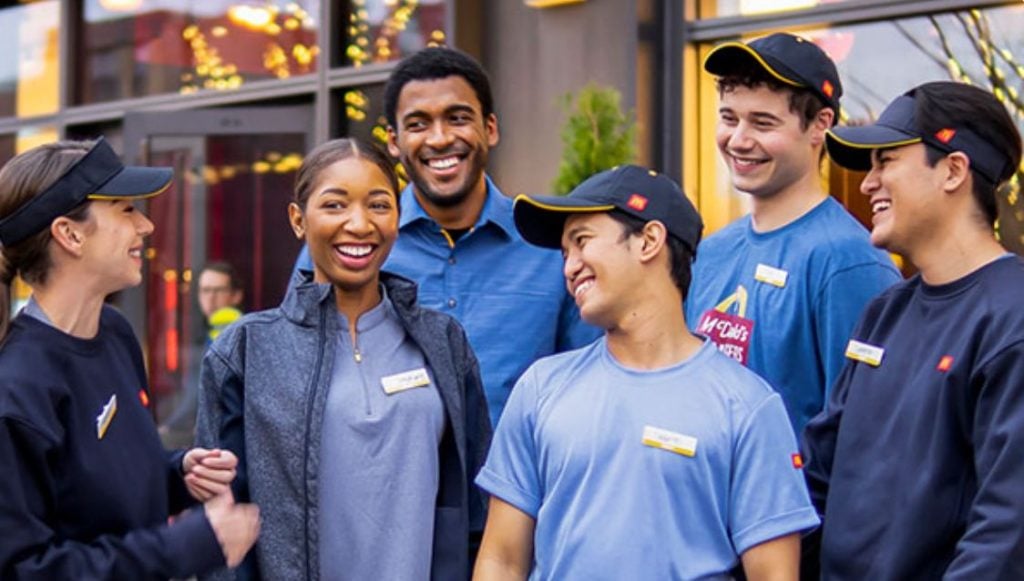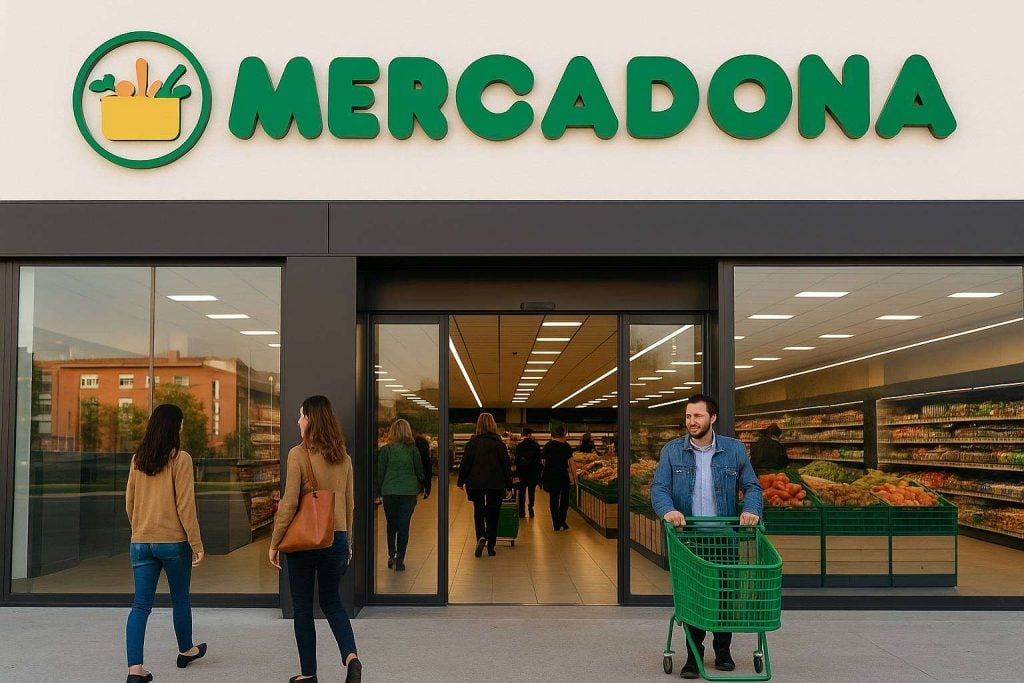Entertainment
Rio 2023 Carnival and its history
Understand more about Carnival Rio 2023. More than simply the party that is shown, understand the essence and impacts it brings.
Advertisement
Well, since it's February, it's time to talk about Carnival Rio 2023 and its entire history. Without going into comparisons, we chose Rio Carnival because it is one of the most popular in the world. This means that the spotlight in Brazil and abroad is focused on him and the Marvelous City.
Speaking of which, it's not just the Rio 2023 Carnival that draws a lot of attention and creates expectations. The way the city of Rio will behave is also a reason for attention from authorities and revelers. After all, there are dozens of blocks spread across the city during festival days, it's a lot and a lot of people to manage. But it's Carnival!

Carnival in Rio de Janeiro
Our beloved Rio de Janeiro Carnival is recognized as one of the largest, most imposing and most famous carnivals in the world. As you well know, it is an annual event and takes place over four consecutive days. Carnival begins on the Friday before the holiday and ends on Carnival Tuesday. During the Carnival period, the city of Rio de Janeiro is taken over by parties, street blocks and samba school parades.
In other words, samba schools are groups that parade for the public and compete against each other at the Sambadrome. This is a large space specially built for this purpose: Rio de Janeiro Samba Schools Parade. Therefore, each school presents its own plot and a choreographed parade with lots of music, dancing, costumes and floats.
But there is a catch…
However, although Carnival takes place over four days, the samba school parades take place on Sunday and Monday nights. Even so, it attracts thousands of tourists from all over the world. Furthermore, during Carnival, there are also several street blocks, which are groups with a lot of tradition that come together to play music and dance through the streets of the city.
Rio Carnival and its history
Historically, we can say that Carnival is a festival that has its origins in ancient pagan celebrations. This is because they marked the end of winter and the arrival of spring. However, with the growth of the Catholic Church, the celebration was reconfigured in the 5th century, as a period of festivities that precede Lent. This is a period of 40 days of penance, atonement for sins and reflection that precedes the arrival of Easter.
Talking about us, Carnival began to be celebrated in Brazil in the colonial period, brought by our Portuguese colonists. Initially, as was done in part of Europe, the party was a celebration restricted to the elite, with masked balls and parties in private homes. But, with time and the growth of the masses, carnival became popular and began to involve all classes of people.
At the end of the 19th century, the first carnival groups began to circulate, which, as mentioned before, were groups of people who went out on the streets playing music and dancing. Over time, the blocks gained more notoriety, investment, became more organized and began to parade with costumes and floats. Around the 1930s, the city of Rio built the Sambódromo, a space specially designed for parades by Rio de Janeiro's samba schools.
The impacts of Carnival in the city of Rio
Like every big party that takes place in Rio, Carnival has a huge impact on the city, both in economic, social and cultural terms. In other words, the more popular it becomes, the more carnival attracts tourists to the city. This means that you receive a large movement of people from outside injecting money into the local economy.
As an example, you see the hotel sector announcing maximum capacity, the food sector filling its stocks, and the transport sector increasing its staff. All of this contributes to commerce in general greatly benefiting from the festival, generating jobs and increasing revenue in these sectors. Furthermore, Carnival has a very significant social and cultural impact on the city.
Carnival, for many, is an opportunity to celebrate Brazilian culture, with its dances, music and traditions. As it is a democratic and inclusive party, it allows you and people from all social classes, ethnic backgrounds and orientations to participate and have fun together.
However, carnival can also have negative effects on the city, such as an increase in violence and crime, for example. Furthermore, noise pollution and the production of garbage and waste left on the streets can contribute to flooding. To minimize these impacts, local authorities have implemented several measures, such as strengthening public safety, environmental inspection and the adoption of awareness and education policies for the population.
Carnival and its cultural issues
It is clear that Carnival has a very strong cultural aspect, as it is a celebration that involves many traditions and cultural elements from Brazil and the city of Rio de Janeiro. The party itself is an opportunity for the public to celebrate Brazilian culture in the most genuine way and to rescue the roots of traditions with music and dance. During Carnival Rio 2023, it will be possible to experience the country's cultural diversity in all its manifestations, from Afro-Brazilian and indigenous dances to popular music and rhythms, such as samba and funk.
Furthermore, Carnival brings with it an inclusive and democratic character, allowing people from all social classes, ethnic origins and orientations to participate, be part of and have fun together. The party is also an opportunity for you to express your creativity and originality, through your costumes and props used during parades and street blocks.
Last but not least, another important cultural issue of Rio de Janeiro Carnival is the preservation and propagation of local traditions. Samba schools, for example, are associations that have a strong identity with the city of Rio de Janeiro and its communities, and preserve and protect the culture and history of these places in their parades and plots. In this way, Carnival is a celebration that has a strong connection with Brazilian culture, but, even more, with the traditions and values of the city of Rio de Janeiro. Long live Carnival Rio 2023, Long live Rio de Janeiro and Long live Subúrbio Carioca.
Trending Topics

Find interesting people near you with Badoo!
Badoo revolutionizes online connections, with functions like video chat and extra security layers. Find out everything about it and how to use it!
Keep Reading
McDonald's Vacancies: Average Starting Salary €15,000 Per Year
Discover McDonald's job opportunities across Europe. Explore roles in areas such as operations, logistics and corporate, with benefits and opportunities for growth.
Keep Reading
Job opportunities at Mercadona: stability and growth!
Find out how to get a job at Mercadona and start a new phase with stability, good salaries and growth in Spain.
Keep ReadingYou may also like

Aerobic exercises – Main benefits
Aerobic exercises - See the main benefits to improve your quality of life.%%sep%% %%sitename%%
Keep ReadingCristiano Ronaldo and Lionel Messi – Why aren't they the greatest players in history? Check it out here
Cristiano Ronaldo and Lionel Messi - Why aren't they the greatest players in history? Check it out here and draw your conclusions%%sep%% %%sitename%%
Keep Reading
3 Best Bible Apps: Options for Reading and Studying the Word of God
Discover the best apps for reading and studying the Holy Bible, with features that encourage the daily habit of reading the Bible.
Keep Reading